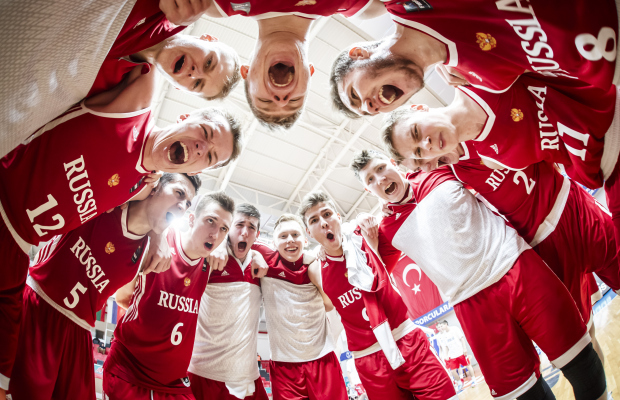The whole family, and particularly parents, are encouraged to support and always act in the best interest of the player. They are usually the ones bringing the young player into basketball. Same as the player, they will mature over time and it is critical that they understand their role along the player’s career.
As a parent, you must understand that you have a critical role to play and that you are one of the most influential persons on a player’s development period. The parent’s involvement spectrum can be divided in three:
- The unfulfilled dreamer
A young player’s success should never be utilized as a means of status or personal intent. Parents need to be able to differentiate the needs of their children from their own. Excessive coaching, pressure, and criticism can result in undue stress for the player, leading to performance anxiety, fatigue, burnout, and loss of enthusiasm and drive for the sport. Forcing children to live out their unfulfilled dreams is not healthy, and it is usually a precursor of career failure, drop-out, and bad parent-player relationship.
- The under-involved parent
These are the parents that lack any sort of enthusiasm or engagement for the athlete’s goals and endeavours. The lack of support and encouragement can become disheartening for a young athlete, making it more likely that his/her dedication to basketball will wane.
- The adequate supporter
In the middle-ground of parenting, we find the adequate supporter. This kind of parent provides flexibility for the player’s progress, he/she is moderately involved, and provides adequate support without controlling every move. Ideally, they will have a good communication with the coach to be able to provide feedback according to his/her message to establish the best developmental path for their child.
It is important to remain sensitive to a young player’s developmental needs to maximise the long-term success on the court and off the court.
